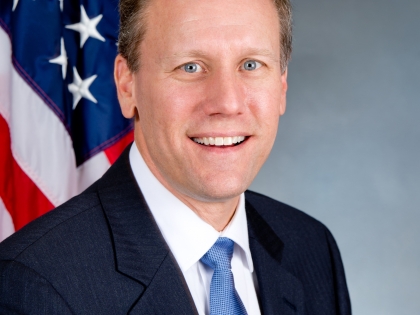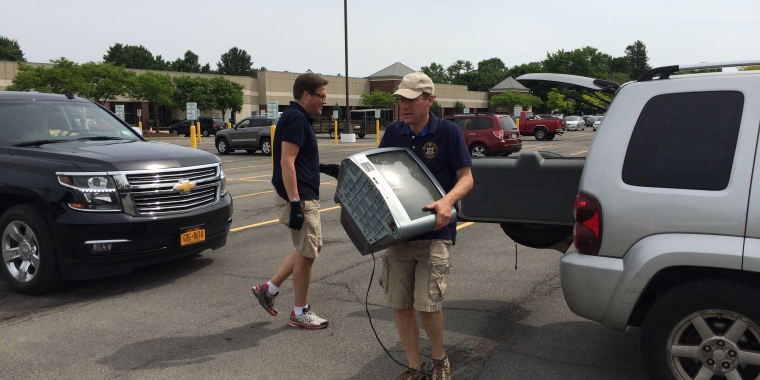
Senate Passes Valesky-Sponsored Legislation to Direct $10m in Supportive Housing Funds Upstate
David J. Valesky
June 10, 2014
ALBANY—The State Senate passed legislation (S.7305) sponsored by Senator David J. Valesky (D-Oneida) that specifically directs funding to Upstate New York from the supportive housing development program.
Supportive housing models include inclusive design for those who may have physical impairments and often offer a variety of services including activities, transportation, an on-site service coordinator, amenities, meals and support for residents’ health-related services.
“Supportive housing is an excellent option for seniors and other vulnerable populations to live on their own while receiving the services and assistance they need,” Senator Valesky said. “As the Senate Aging Chair who represents an Upstate district, it is critical that a portion of available funds be allocated to Upstate projects to ensure our citizens have the same access to supportive housing as those in the rest of the state.”
As more and more New Yorkers age into retirement, independent living with access to support services is not only an attractive option to seniors, but it also offers an opportunity to reduce the high cost of Medicaid. There is a large population of older New Yorkers who are unable to live entirely independently, and as a result, have to be placed in a nursing home. There is no "middle ground" that exists, which would give seniors an extra level of care, yet keep them out of an institutionalized setting. The result is that nursing home beds are currently being occupied by elderly citizens who do not necessarily need that type of assistance.
Governor Cuomo’s Medicaid Redesign Team Multi-Year Action plan made clear that there is a need for availability for affordable and supportive housing in upstate New York. Correspondingly, the 2014-15 Enacted Budget includes $95 million for this purpose.
Thus far, none of the funds available have been granted to counties outside of New York City. This legislation would ensure that no less than $10 million be directed from the supportive housing development fund to counties outside New York City. The size of projects upstate make it difficult to compete with larger projects in the downstate market for public funds, even though the need exists upstate as well.
Share this Article or Press Release
Newsroom
Go to NewsroomSen. Valesky’s Sixth Annual Free Senior Fair is October 19 in Madison County
September 25, 2018
Harmful Algal Blooms: What to Know, How to Report
June 29, 2018

Stephen M. Kinne, MD (Ret.)
May 15, 2018

